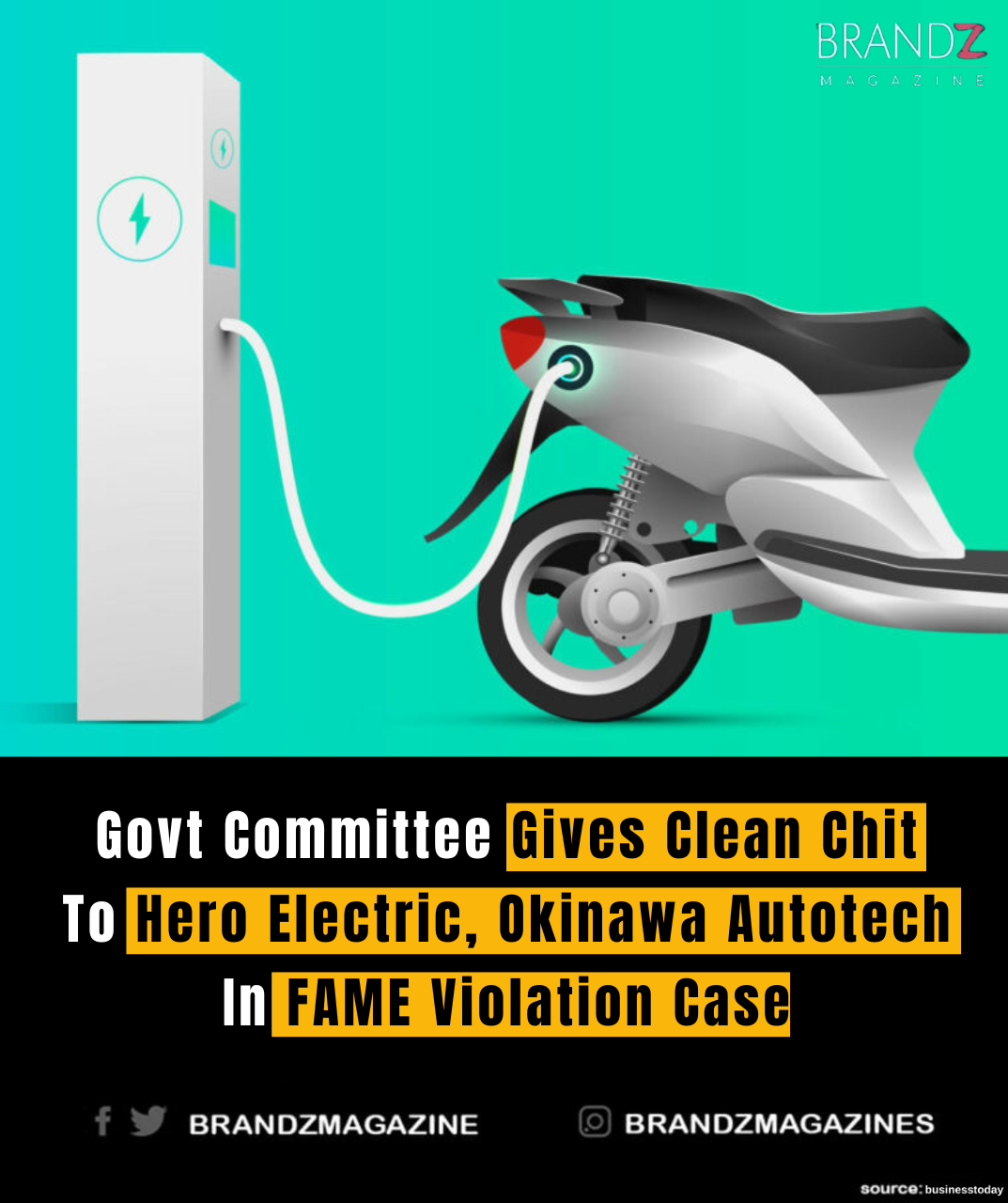
The recent verdict of a government committee exonerating Hero Electric and Okinawa Autotech in the FAME (Faster Adoption and Manufacturing of Hybrid and Electric Vehicles) violation case has brought relief to the electric vehicle (EV) industry. The verdict, arriving after a thorough investigation, not only absolves the companies of any wrongdoing but also underscores the complexities surrounding subsidy claims in the burgeoning EV sector.
The FAME scheme, launched by the Indian government to promote the adoption of electric and hybrid vehicles, provides incentives to manufacturers, buyers, and other stakeholders. However, the intricate guidelines and eligibility criteria have often led to confusion and disputes, as seen in the case involving Hero Electric and Okinawa Autotech.
Amidst allegations of FAME subsidy violations, both Hero Electric and Okinawa Autotech faced scrutiny over their compliance with the scheme’s regulations. The accusations ranged from improper documentation to misrepresentation of data, casting a shadow over their integrity in claiming incentives under FAME.
However, the committee’s investigation meticulously examined the evidence presented by both parties, delving into the intricacies of subsidy claims and compliance requirements. After thorough evaluation, the committee concluded that there was no substantial evidence to support the allegations of FAME violation against Hero Electric and Okinawa Autotech.
The verdict not only clears the companies of any wrongdoing but also highlights the challenges faced by manufacturers in navigating the regulatory landscape of the EV industry. With the rapid evolution of technology and policy frameworks, ensuring compliance while maximizing benefits under schemes like FAME demands a nuanced understanding of regulations and meticulous adherence to documentation requirements.
Furthermore, the exoneration of Hero Electric and Okinawa Autotech underscores the importance of transparency and accountability in the EV ecosystem. As the industry strives to gain traction and scale up operations, maintaining trust and credibility among stakeholders, including government bodies and consumers, is paramount.
The committee’s decision is also a testament to the resilience and commitment of companies like Hero Electric and Okinawa Autotech towards promoting sustainable mobility solutions. Despite facing challenges and controversies, they have continued to innovate and contribute to the growth of the EV market in India.
Looking ahead, the verdict is expected to have far-reaching implications for the EV industry, providing clarity and assurance to manufacturers and investors alike. It serves as a reminder of the need for robust regulatory frameworks and effective oversight mechanisms to support the transition towards cleaner and greener transportation alternatives.
Moreover, the exoneration of Hero Electric and Okinawa Autotech sends a positive signal to other players in the EV ecosystem, instilling confidence and encouraging further investments in the sector. As India strives to achieve its ambitious targets for electrification and emission reduction, such developments play a crucial role in shaping the trajectory of the country’s automotive industry.
In conclusion, the government committee’s decision to give a clean chit to Hero Electric and Okinawa Autotech in the FAME violation case not only vindicates the companies but also underscores the complexities and challenges inherent in promoting electric mobility.

